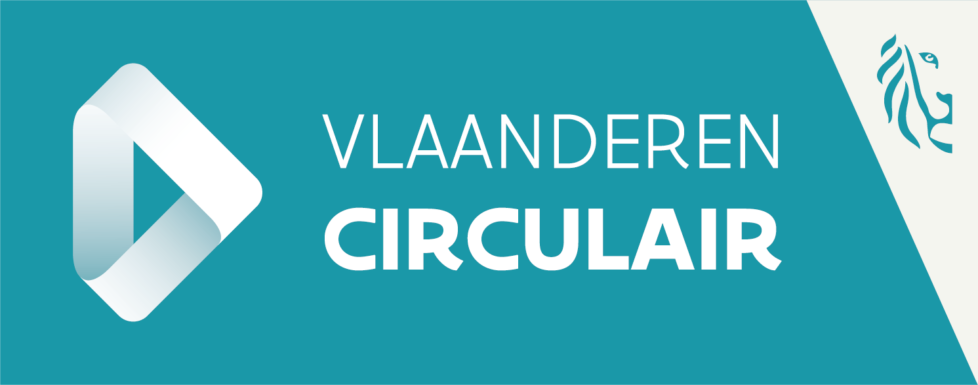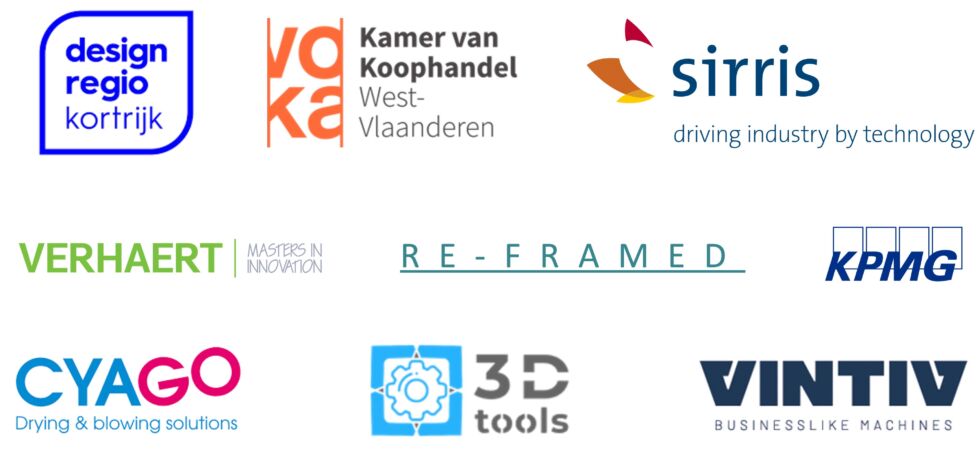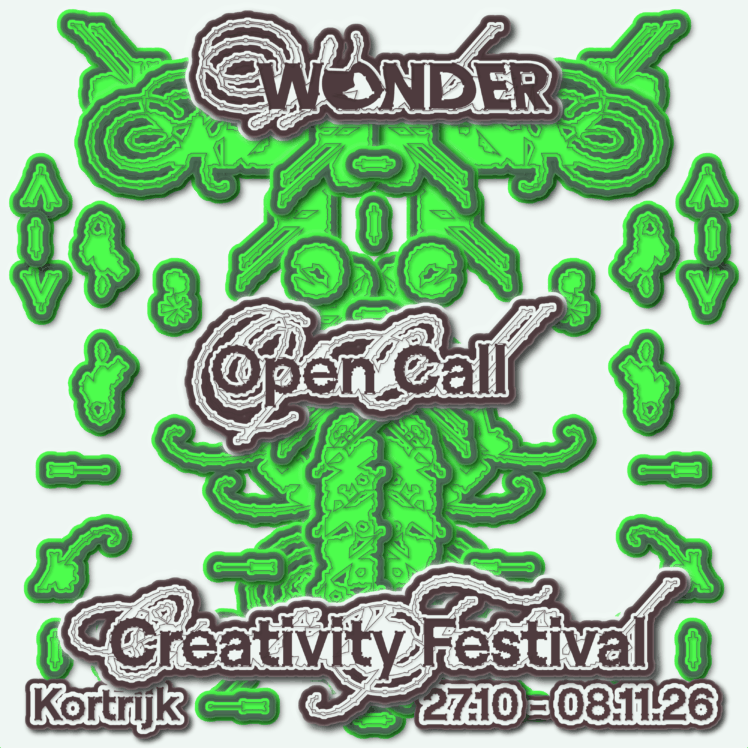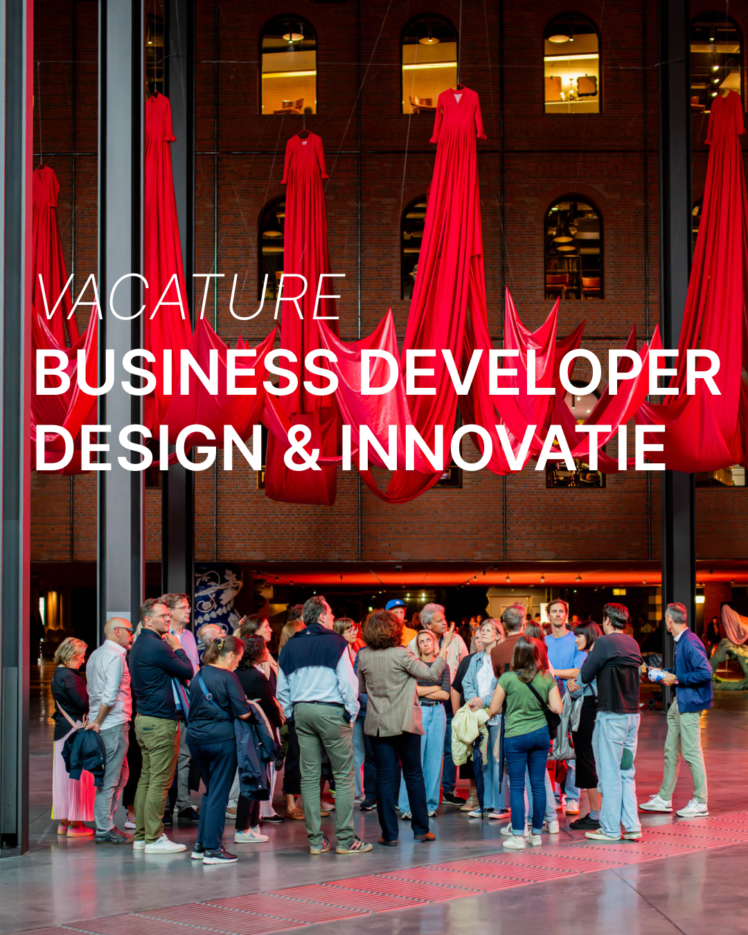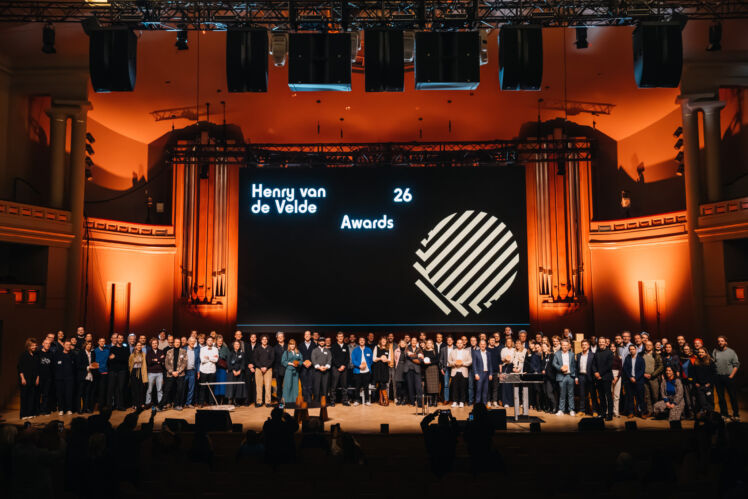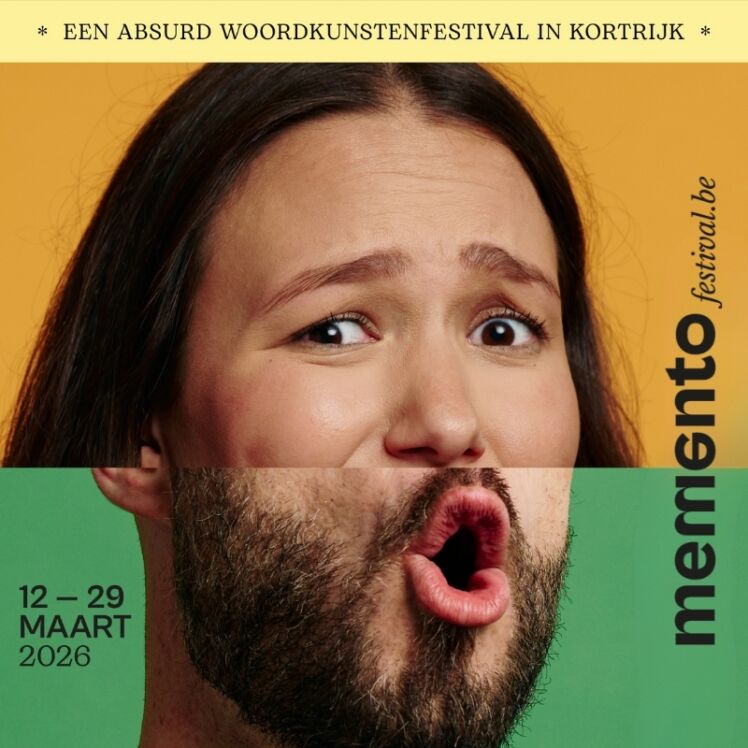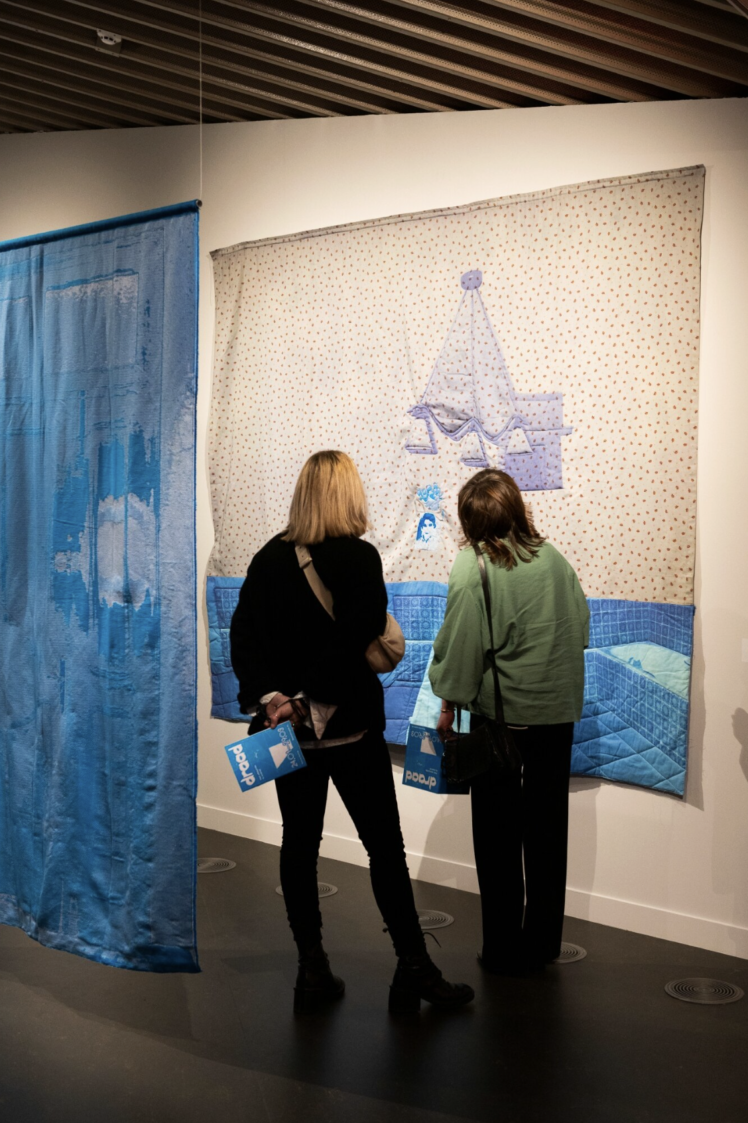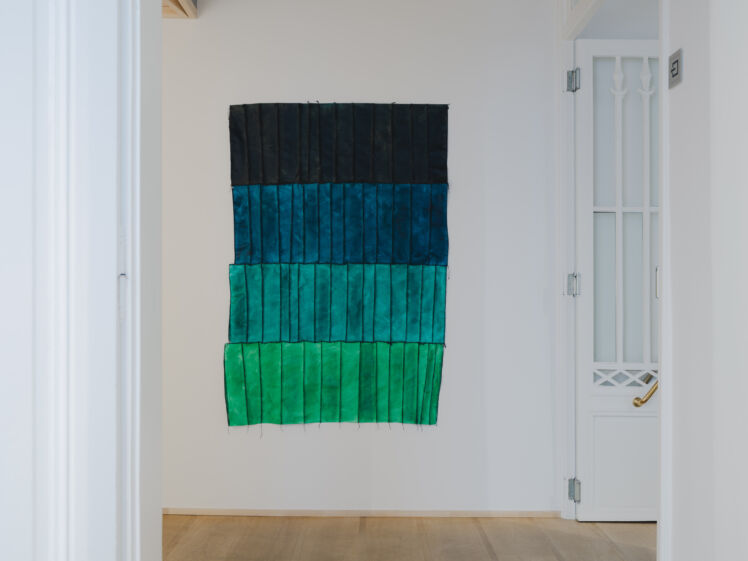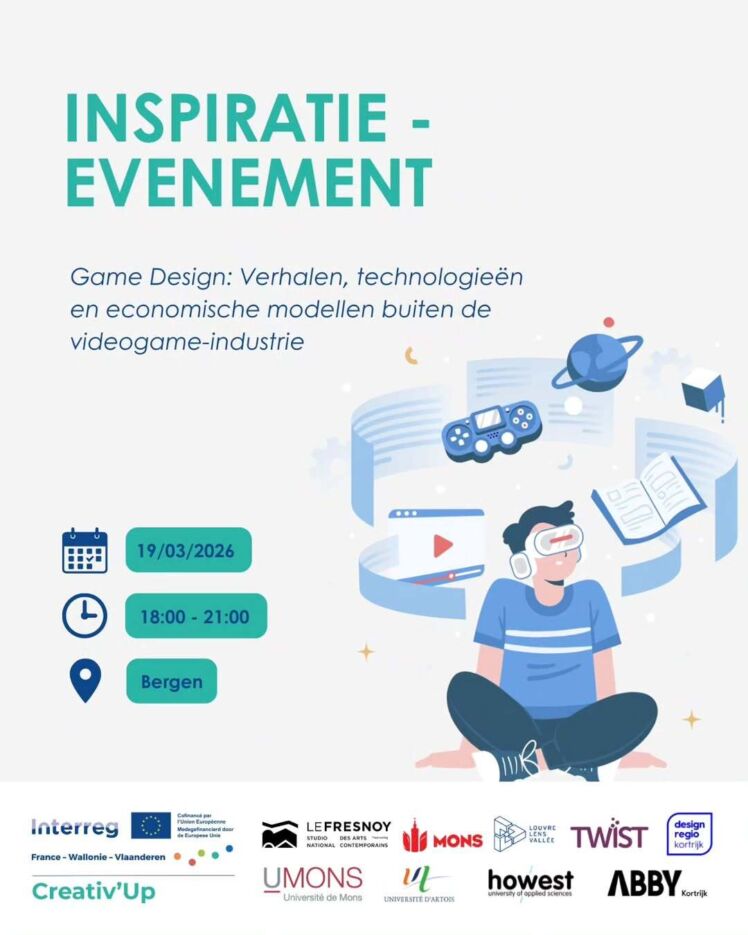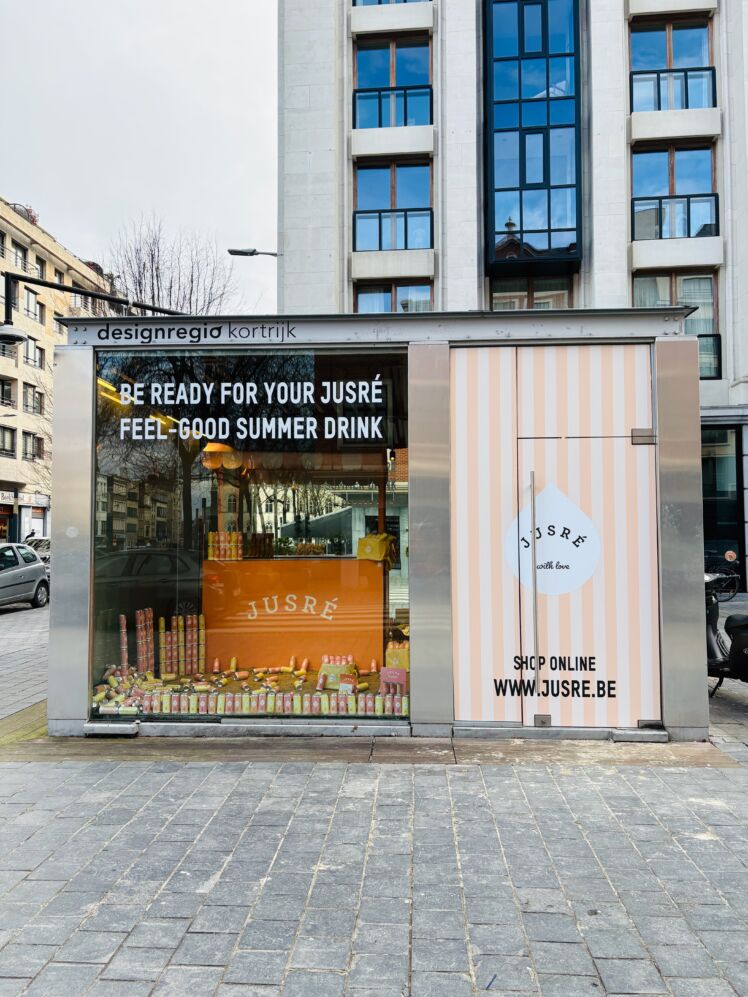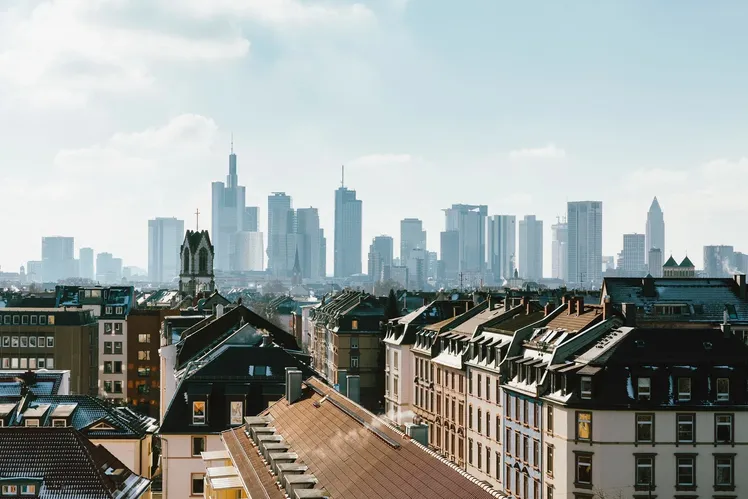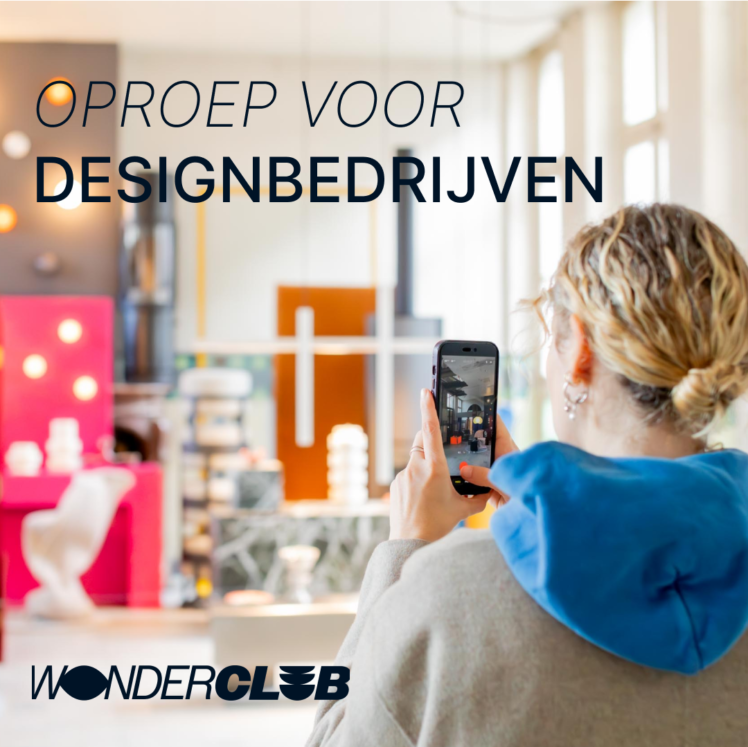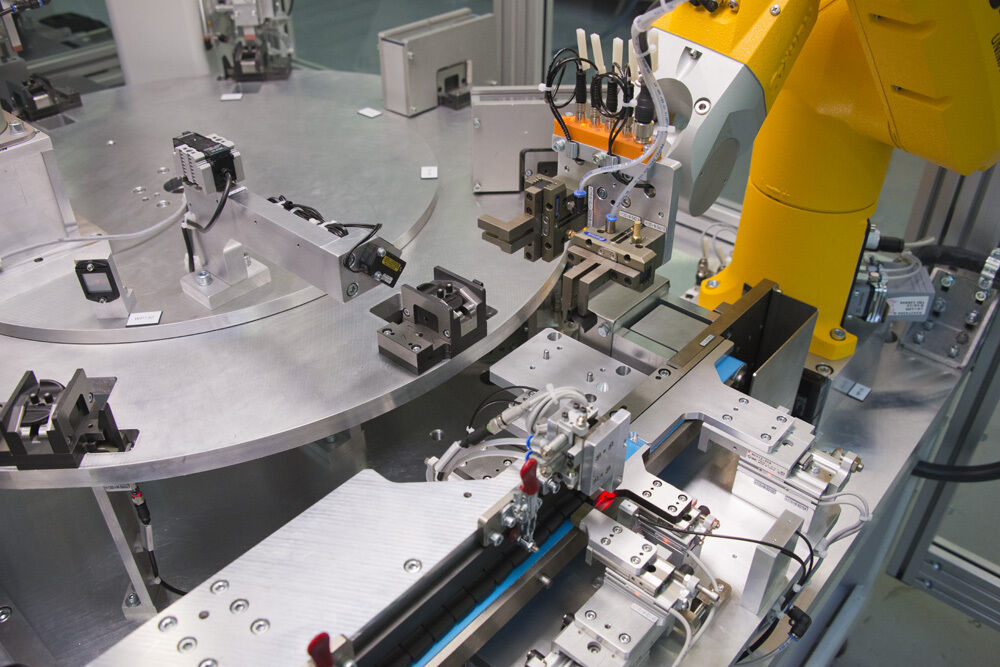
Living Lab Circular Machine Building
Buying a new machine yourself and/or bearing the development cost alone? For such a CapEx investment, companies are turning over every penny these days even more than before. The new Living Lab Circular Machine Building project will investigate this year and next whether things can be done differently. Designregio Kortrijk, Voka West-Vlaanderen, Sirris and three machine builders are looking at the challenges a circular business model can bring.
This article appeared in Ondernemers van Voka West-Vlaanderen March 2023, text by Bart Vancauwenberghe of Tekstburo, image by Mediahuis

The sustainable and circular use of materials and raw materials, as well as their longer and/or more intensive use, will increasingly become the norm in the future. This prompts companies to explore new business models.
"The circular business model 'Product as a Service' could be one of them," points out Marijke Bouciqué, senior advisor on innovation and digitalisation at Voka West Flanders. "Here, the product remains the property of the manufacturer, which recovers that machine from the customer after use. The manufacturer can then make repairs or adjustments, so that the installation and/or materials can still be useful for another application."
In a circular business model, the product remains the property of the manufacturer, who recovers the machine from the customer after use.
Minute follow-up
Johan Wyckaert, co-founder of Cyago (Harelbeek-based manufacturer of drying and blow-off machines) sees several advantages. "If such a machine remains the property of the manufacturer, you will automatically monitor it much better. You will continuously want to know how the customer uses the machine, meticulously monitor maintenance and any repairs, and so on. Now, once a customer has purchased a machine, you basically don't know what happens to it."
At 3Dtools, which designs and builds machines for the chemical industry in Gullegem, Sam Mulkay sees further pluses. "Although machines today are often already equipped with sensors, the b2b customer often does little or nothing with the data they generate that way. Machines with AI intelligence could use the results of data analysis to optimise production planning. In this way, as a machine builder, you are not only providing a plant, but also a very useful service to your customer."
"The main challenge will be to convince the customer," realises Timen Floré of machine builder Vintiv, which has divisions in Beringen and Waregem. "Given that more and more companies are becoming convinced of the importance of circularity, it should be achievable."
Other product
All well and good, but creating a new business model also brings many challenges. "One of the dilemmas will be whether to integrate that additional business model (renting instead of selling) within your existing organisation, or whether it is best to create a separate division or company for it. The trick will be to combine both in a way that they are and remain profitable," says Remco Lenstra of Reframed.
Several other experts are stepping into the pool with us. Thus, Verhaert will support the eco-design aspect (how to adapt machines to circular needs), KPMG offers legal support and Matthias Derycke, finance advisor at Voka West-Vlaanderen, looks at the financial part. Sirris' expertise on the necessary digitalisation and connectivity of such machines (for remote monitoring) will also be essential.
Such a new business model could offer more financial stability, thanks to recurring revenues.
Financial stability
"PaaS will presumably give us the opportunity to gain market, where we would lose it now because b2b customers will put on the brakes to invest in buying a machine," Johan Wyckaert continues.
"For us, as a machine builder, such a new business model would offer more financial stability," Timen Floré adds. "By starting to invoice on a monthly (rental) basis, you get recurring revenue. If companies buy a machine from us, we get a large sum of money in one go, but then it can be windless for several months in that area."
"A consequence of PaaS could be a more modular approach," Tom Mulkay realises. "As machine designers, we will be able to grow with our customers in a way that is more financially and practically feasible for both."
The Living Lab has financial support from Vlaio and will run for two years. "This year the focus will be on capturing information and sharing knowledge, from 2024 onwards we want to develop concrete cases that effectively demonstrate the added value," concludes Stan Dewaele, project manager at Designregio Kortrijk, which is promoting the project.

